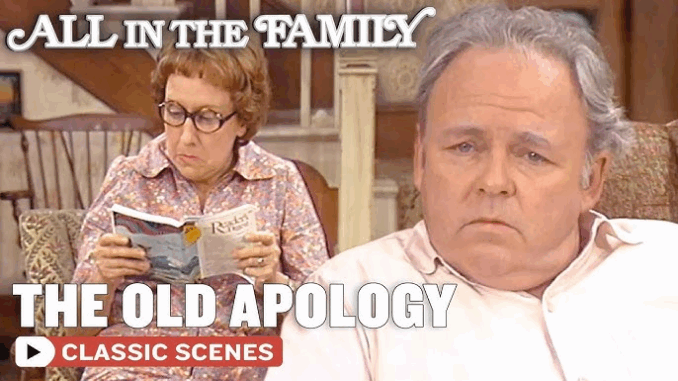
When All in the Family premiered on January 12, 1971, few could have predicted the cultural earthquake it would set off. Created by Norman Lear, the groundbreaking sitcom didn’t just entertain—it confronted. It shattered television norms and forced American audiences to reckon with topics once considered unfit for prime time.
Set in a working-class neighborhood in Queens, New York, the show centered around Archie Bunker, a blunt, often bigoted family man, and his liberal daughter and son-in-law. What made All in the Family revolutionary wasn’t just the subject matter—it was the honesty. For the first time, viewers saw issues like racism, sexism, homophobia, abortion, and war dissected over dinner in a living room that looked like their own.
Before All in the Family, most sitcoms portrayed an idealized version of American life. Lear flipped that narrative. The show didn’t offer easy resolutions or neat endings. Instead, it reflected the messy, divided reality of the 1970s—with laughter as its most powerful weapon.
In the words of television critic Emily Sanford, “This was the first show that dared to say out loud what people were really saying behind closed doors.”
Its cultural impact was immediate. The show dominated Nielsen ratings for five consecutive years, from 1971 to 1976, and earned 22 Emmy Awards. It also inspired a string of successful spin-offs, including Maude, The Jeffersons, and Good Times—each carrying forward the show’s socially conscious DNA.
Perhaps most remarkably, All in the Family paved the way for the modern sitcoms we now take for granted. Shows like Roseanne, The Office, and Black-ish owe a debt to the Bunker family’s raw, unapologetic realism.
Yet the show has not aged without controversy. Modern audiences often debate whether its use of offensive language—even in satire—crossed a line. But many scholars argue that All in the Family should be judged not by today’s standards, but by its radical courage in its own time.
As Norman Lear, now over 100 years old, once reflected: “We didn’t write to shock. We wrote to tell the truth.”
Over 50 years later, All in the Family still sparks conversation. And that may be its greatest legacy—not that it entertained, but that it made America listen.
